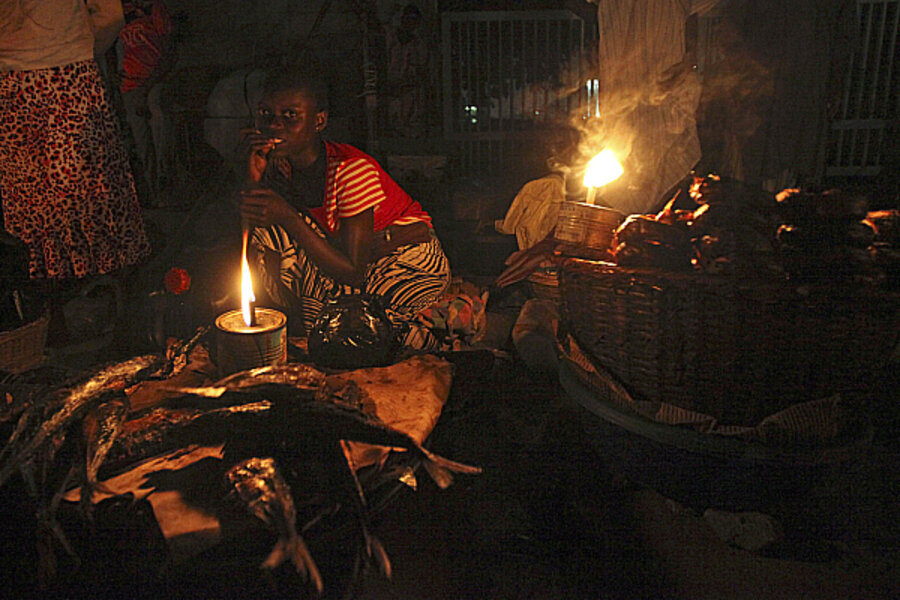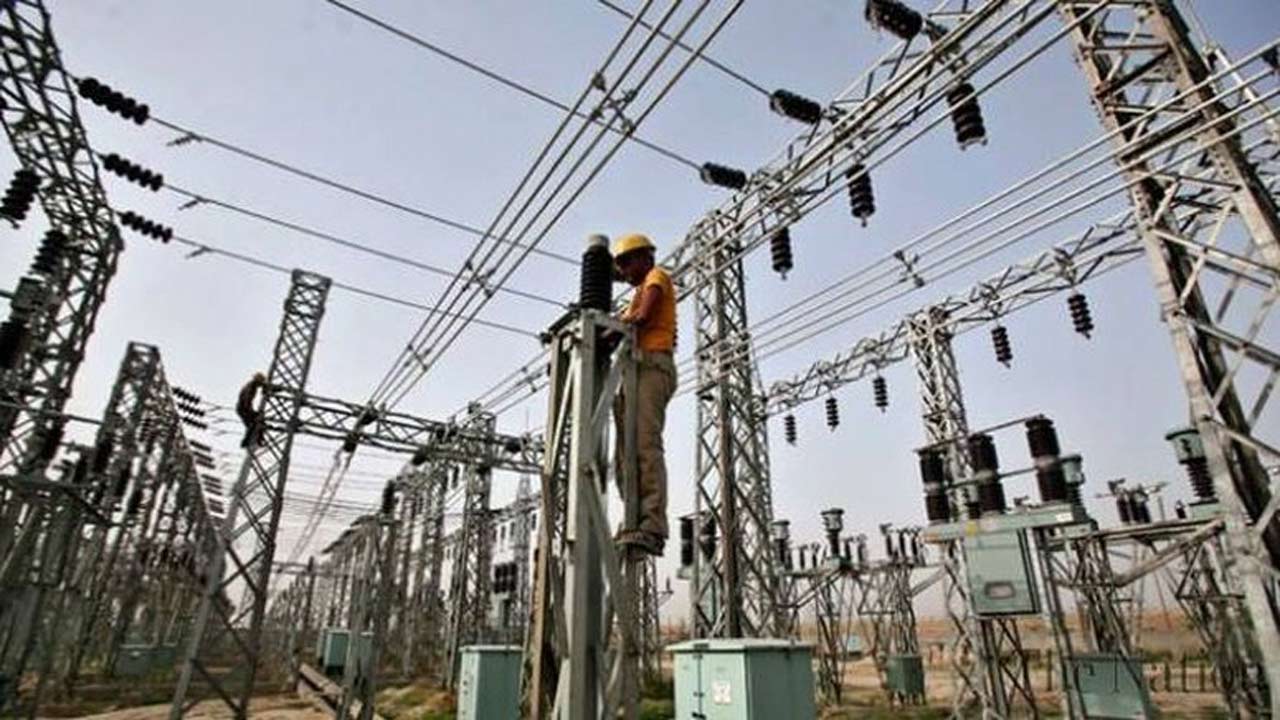Despite being Africa’s largest economy, Nigeria still battles with a deeply rooted electricity crisis. Across cities and rural communities, millions of people live with little to no power supply.
In some areas, electricity comes only for a few hours a day, and that’s if it comes at all.
While the government has spent billions of naira on fixing the sector, most Nigerians continue to rely on expensive generators just to power their basic needs.
The journey to this point began over a decade ago when the Nigerian government privatised the Power Holding Company of Nigeria (PHCN) in 2013.
It was meant to be a solution to allow private companies to manage power generation and distribution for more efficiency and growth.
However, today, Nigeria still produces less than 5,000 megawatts of electricity for over 200 million people. To put that into context, South Africa, with a population of around 60 million, generates over 40,000 megawatts.
One of the biggest challenges lies in the structure of Nigeria’s electricity system, known as the power value chain. While generation and distribution are in private hands, the transmission of power remains under government control.

Unfortunately, power generated by stations often can’t be transmitted effectively due to ageing infrastructure and system overload. This has led to frequent grid collapses and widespread blackouts that affect both urban centres and rural communities.
The consequences of unreliable electricity are severe and far-reaching. Across the country, businesses are suffering, hospitals struggle to provide urgent care, and students find it difficult to read or study at night.
The World Bank estimates that Nigeria loses about $26 billion every year due to poor electricity, a huge blow to the economy.
While the government has introduced various initiatives such as the Siemens Electrification Roadmap and rural electrification efforts, progress has been painfully slow.
Many projects are still incomplete, while others are stuck in paperwork and bureaucracy. Promises of improved electricity often come, but for many Nigerians, those promises have lost meaning. People continue to suffer in silence or find ways to survive without depending on the national grid.
Attractively, where the national system has failed, individuals and communities are starting to provide their own solutions. In places like Makoko, an informal settlement in Lagos, solar mini-grids are being used to power homes and businesses.
In Northern Nigeria, some villages in Kaduna, Nasarawa, and Borno now use pay-as-you-go solar kits and standalone solar systems to light up their homes. These systems are affordable, clean, and reliable.
To solve the power problem on a national scale, experts recommend serious reforms. Nigeria must diversify its energy sources by investing more in renewable options like solar and hydropower.
Strong regulation, transparency, and investor protection are also essential. More importantly, communities should be empowered to take charge of their own energy needs through local grids and clean technologies that don’t rely on the unstable national system.
The electricity crisis in Nigeria is not just about cables and transformers; it’s about how people live, work, and grow. The system may be broken, but Nigerians are not giving up.
From solar panels on rooftops to battery-powered lamps in classrooms, people are finding ways to survive. With the right support, these solutions can grow and, together, light up the nation for good.
This article was written by Jessica Olayiwola


 Trending
Trending 
